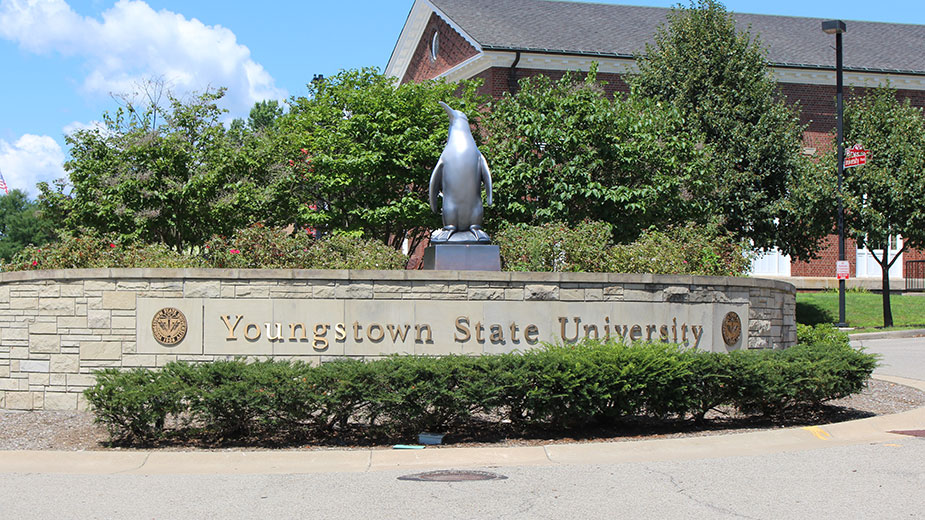Column: Want $1 Million or More? Don’t Count on the Lottery
By Albert J. (AJ) Sumell
Professor of Economics YSU Williamson College of Business
YOUNGSTOWN, Ohio – The odds of winning a million-dollar prize in a typical lottery game are roughly one in 11,000,000.
To put these odds into context, if you were to purchase a single lottery ticket every day, it would take you about 15,000 years to have even a 50% chance of winning a million-dollar prize. In other words, it is nearly certain that you and everyone you know will not win big from a lottery game in this lifetime.
There is, however, a much more certain path to a six-figure payday: a college degree. According to Georgetown University’s Center on Education and the Workforce, typical annual earnings for college graduates are approximately $36,000, or 84%, higher than those whose highest degree is a high school diploma. This means a person with a bachelor’s degree earns an average of $1.2 million (inflation-adjusted) more dollars over their lifetime compared to their peers who did not go to college.

The additional lifetime earnings are even higher for those who earn advanced degrees. On average, a master’s degree is worth an additional $300,000, and a doctoral degree is worth an additional $900,000. There are also many nonmonetary benefits associated with a college degree.
A report by the Lumina Foundation showed that college graduates have a significantly higher likelihood of being happy with their job, have better health, a longer life expectancy, are more likely to get married, and are more likely (and able) to help others.
There are some important caveats. These reports estimate average benefits received by college graduates and are subject to wide variation by demographic characteristics, college choice, major, location, etc. In addition, these reports focus on the benefits of earning a college degree and do not account for the costs of attending college.
Although college tuition and fees have risen at about twice the rate of inflation since 2000, the additional expected earnings from a college degree, also known as the college “wage premium,” has risen just as rapidly. A 2019 report from the Federal Reserve Bank of New York showed that despite the rising costs, the college wage premium remains near an all-time high. Additionally, the study showed that after accounting for tuition, fees and foregone earnings, the average rate of return for a bachelor’s degree is around 14% per year – well beyond the threshold for a good investment.
Given that Youngstown State University has a significantly lower cost of attendance than most other universities, the rate of return is likely to be higher for YSU graduates than other college graduates. Specifically, the average cost of attending college in the U.S., including tuition, fees and room and board, is about $36,400. Comparatively, the average cost of attending YSU, also including tuition, fees and room and board, is only $24,300 per year. So, students can earn a college degree from YSU for about two-thirds of the average cost of earning that degree in the U.S.
The underlying message here is simple. If you want extra zeros in your retirement account, you can’t expect to win it from a lottery. But you can expect to earn it from a college degree. After you graduate, odds are you’ll not only be richer; you’ll also be happier and healthier. And if you want, you can afford to waste some of your additional earnings on lottery tickets.
Copyright 2024 The Business Journal, Youngstown, Ohio.



